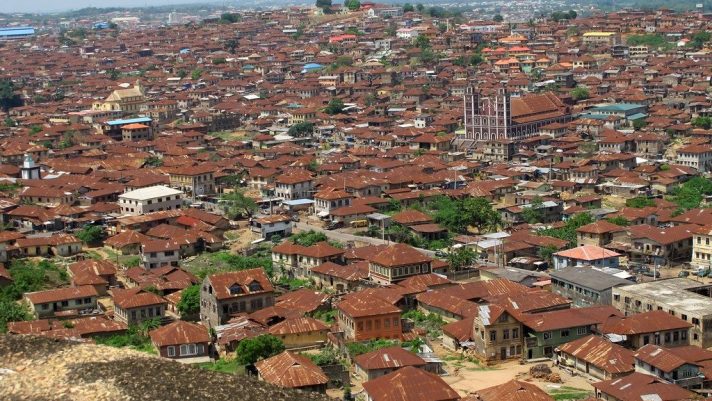Unlike most towns and establishments in Yorùbá land, the place of the ancient kingdom of Òwu stands differently.
The earliest recorded narrative around the Òwu kingdom was in 1818-1820, and according to the traditional song and history, the Òwu Kingdom was the first Yorùbá town.
History records that the first fruit of Oduduwa was the Olowu, and she was a woman; the second child was also a woman called “Alaketu” and the rest of the offspring- five- were male.
Legend has it that Olowu visited her father with her first child- a boy- in ile-Ife. In order to keep her son busy as they had a conversation, Oduduwa placed a crown on his head. As the Olowu got ready to return to her husband’s place, Oduduwa took the crown on the little boy’s head but this act attracted a struggle and wails from the boy. Sensing that the boy will not stop crying, he left the crown with him.
That is why the appellation of the Olowu goes thus; “Olówu ọmọ a sun kún gb’ade” which translates to “Olowu he that cry to have the crown given to him.”
Having taken several journeys, the people of Òwu changed settlements until they finally settled at Ago-Òwu, and earned the spot as brave and great farmers.
The nineteenth century was a difficult and chaotic period in Yorùbá history. The order of the day was slave raiding, inter-tribal war, and conquest. Not to mention that the Ibadan Nation, the era’s super-block, used terror to exercise domineering power over all other Yoruba towns. As a result, major towns and settlements in Yoruba towns, including the Òwu settlement, were destroyed.
Besides this, in 1827, the raging armies of the Ijebu Nation and the ife soldiers attacked, raided and sacked the Òwu Ipole settlement. Other armies from different parts of the Yoruba Nation and the belt of the Niger river also preyed on other weaker settlements. But like the phoenix that rises from the ashes, the Òwu kingdom did survive all the attacks thrown at it.
In 1885, the Owu’s installed their 1st Oba at Oke Ago Òwu in Abeokuta and since then a system of leadership has been established.
The Òwu Kingdom is not only significant in Yoruba history; it also represents a bridge between the cultural essence and heritage of the Yoruba Kingdom.
bridge between the cultural essence and heritage of the Yoruba Kingdom.
The iconic 189 year building in Òwu, known as “Itapa Olowu,” is a major historical and cultural landmark. Built in 1834, it is said to be the first building in Òwu Kingdom. The building represents more than just the cultural identity and wealth of the Òwu Kingdom; it also represents the Òwu people’s historical greatness and resilience.
Every new Olowu is said to spend time in an ancient house before being crowned. Hopefully, the ‘Itapa Olowu’ will become a UNESCO World Heritage Site, with full documentation of Òwu’s history for posterity’s sake.



